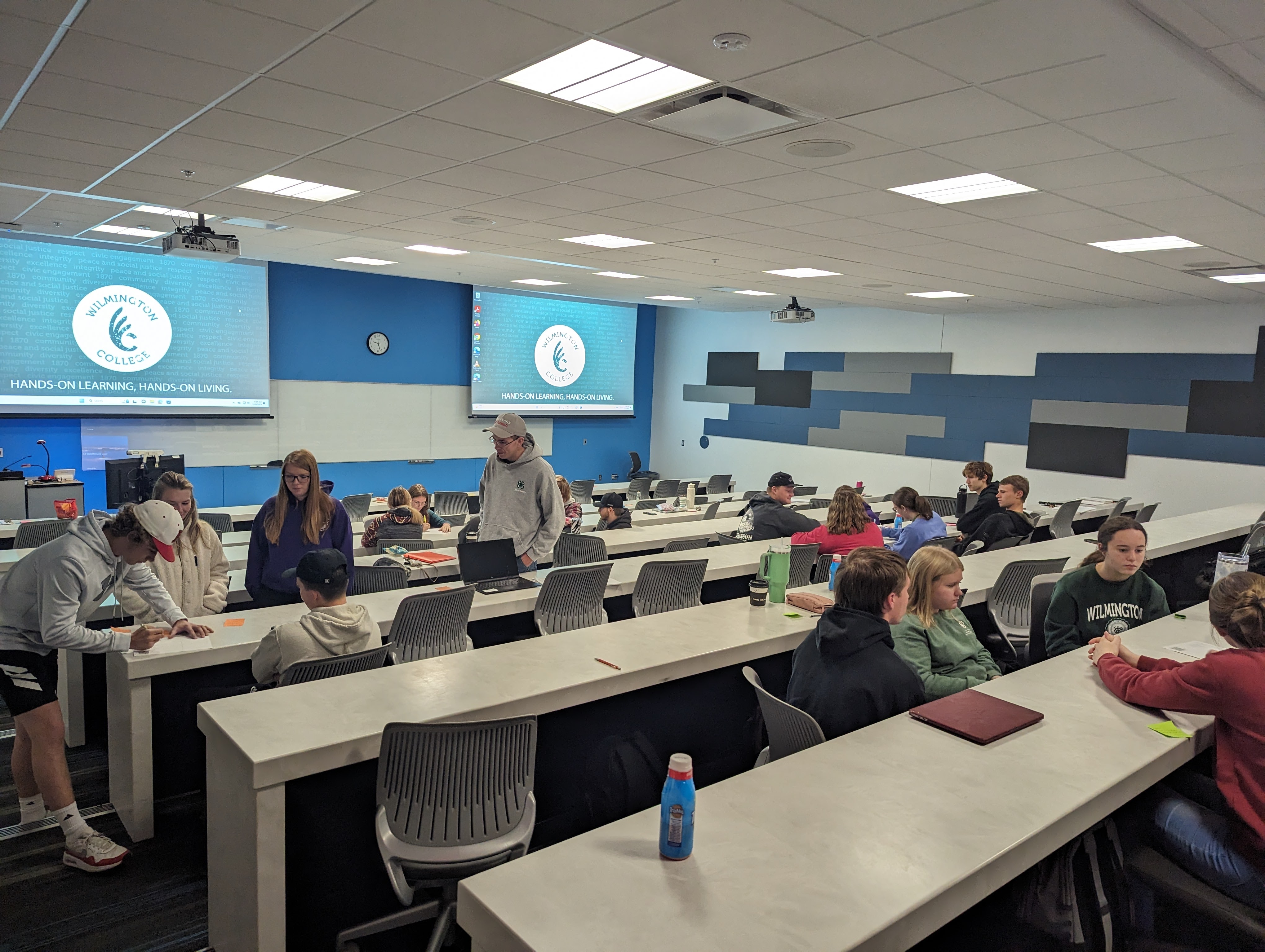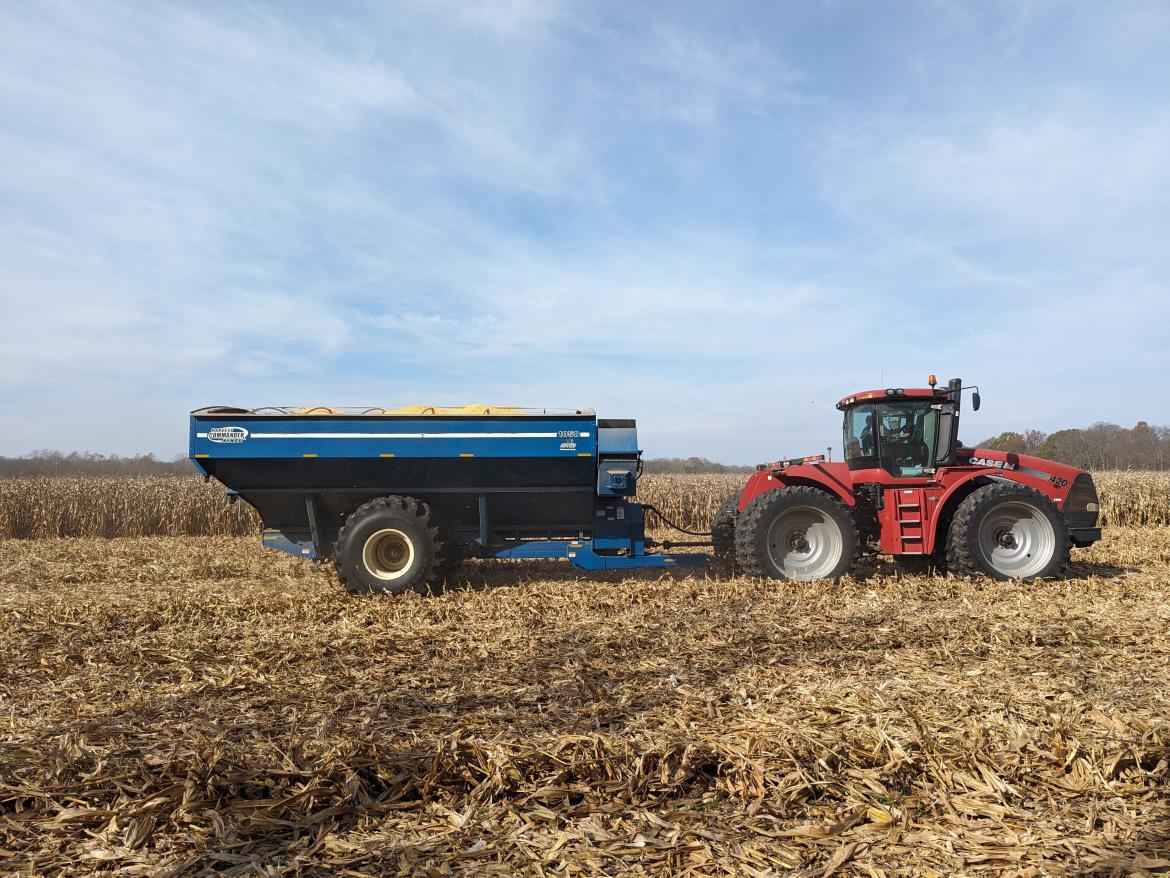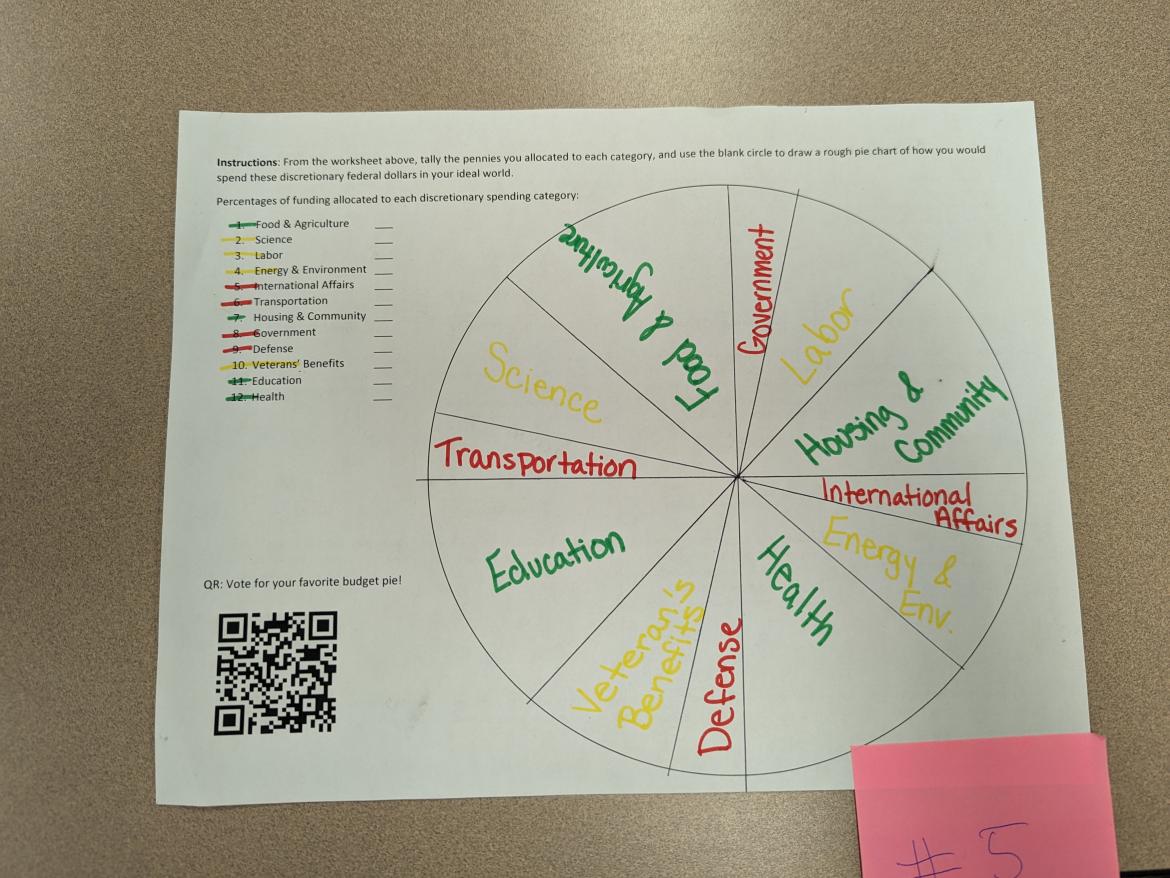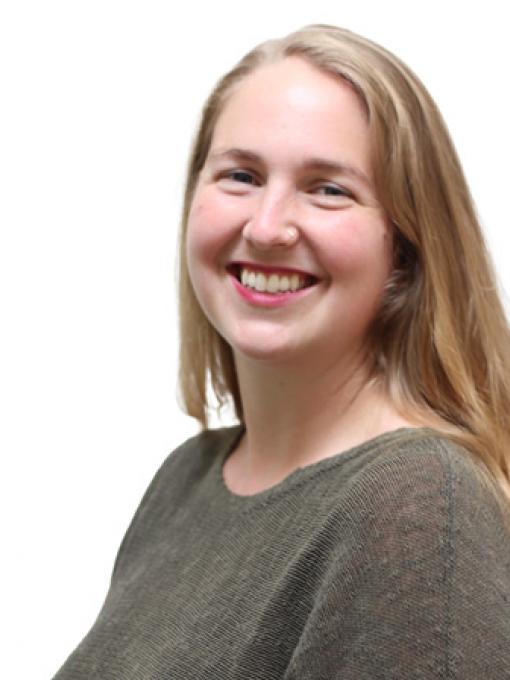Quakers believe in the power of deep listening, truth-seeking, and finding common ground. These are some of the core values driving FCNL’s Just and Resilient Democracy work with local communities and Congress to expand collaborative policymaking.
These principles led several colleagues and me to Ohio last month to engage in deep listening with community members across the political spectrum about how Congress can bridge partisan divides. FCNL has close ties to local communities in southwest Ohio through members of our young adult programs, and a longstanding relationship with faculty and students at Wilmington College.
Wilmington is a historic Quaker college with a rich agriculture program, bringing together an interesting mix of political perspectives and life experiences among students. We collaborated with two of those students–Megan Schwendeman and Garrett Simmons–to plan the trip. Megan and Garret grew up in conservative Ohio communities and identify as politically conservative. Both attended the Braver Angels national convention in Gettysburg, PA, with FCNL staff and governors in July 2023, and have participated in FCNL’s young adult programs.
We focused the trip on the “People’s Unfunded Priorities,” a concept FCNL has used to contextualize the needs of communities across the country amid wasteful increases in Pentagon spending. During meetings in Chillicothe, Frankfort, and Wilmington, our group encouraged local people to share their communities’ priorities and describe how increased investment from the federal government could change the lives of people they care about.
In Frankfort, a small village of 1,000 people, Garrett introduced us to his high school football coach, Scott Hert. Scott also works as a schoolteacher and small-scale farmer, and raises hogs for youth 4-H competitions. Although he once leaned more politically liberal, Scott now considers himself more conservative—although he said our conversation was the most he’s talked about politics in 10 years.
In Frankfort, we also met the head of the local school board, a member of the local church, and an industrial-scale farmer. In Chillicothe we met a representative from the mayor’s office.
We heard one clear message: People want members of Congress to work across partisan divides on behalf of their constituents.
In Wilmington, we met with city council members and visited local shelters serving homeless neighbors. We also visited the Wilmington Veterans Commission and learned about the painful impact of addiction, homelessness, and poverty on local military veterans and their families.
In all of these conversations, we heard one clear message: People want members of Congress to work across partisan divides on behalf of their constituents.
We ended our listening tour at Wilmington College with an interactive classroom exercise to learn students’ perspectives on the “People’s Unfunded Priorities.” Students designed budget “pies” based on their values. Most of their pies evenly distributed the 12 categories of discretionary spending in the federal budget, though some consistently prioritized housing, healthcare, education, and agriculture above the rest.
Students were surprised by the high level of military spending in the actual budget breakdown. One student who is preparing to join the Navy shared how he believes the United States should scale back military intervention and bases around the world. Another student remarked about the miniscule amount spent on foreign affairs versus that spent on the military. She noted a correlation: by spending more on diplomacy, we could reduce the need for military intervention.
In early 2024, staff will return to Ohio to lead a workshop with community members to identify and build common ground on a specific legislative issue. We hope to lay a foundation for bipartisan groups of constituents to advocate together around issues of shared concern and send a clear signal to Congress that working across the aisle is one of the people’s top priorities.



